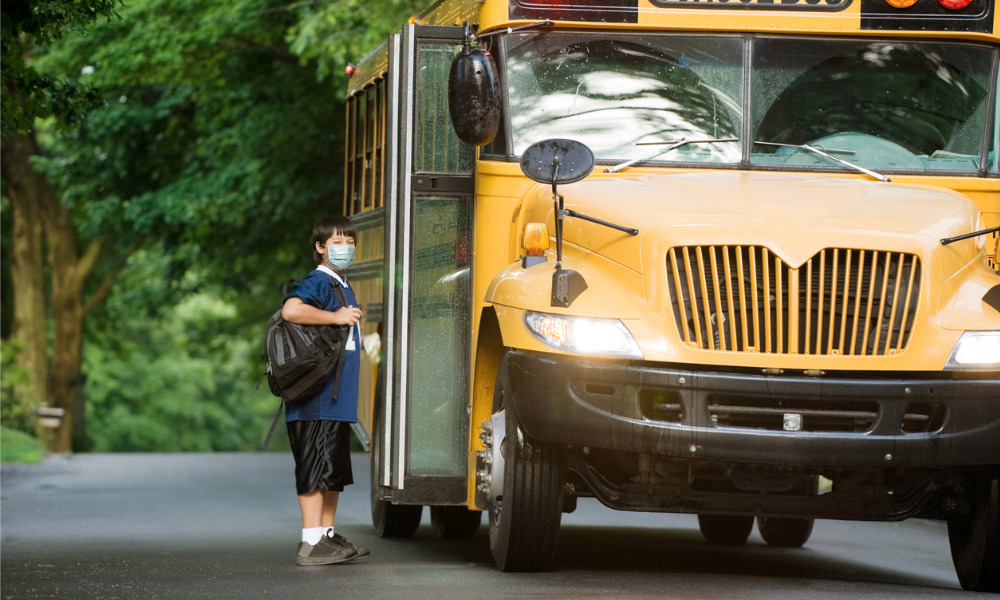
Ontario government has decided to reopen schools and welcome the ‘new normal’

The Ontario Superior Court of Justice has addressed the question of whether it is in the best interests of a child to attend school in person or through online learning in the context of the reopening of schools in the province this September.
In Chase v. Chase, 2020 ONSC 5083, a 9-year-old child resided equally with both of his parents, who had joint custody as per the separation agreement following their divorce. The child was enrolled in a French immersion program in S.E.S.C.E. School in Newmarket. The parents disagreed on whether the child should attend school in person, as sought by the mother in her urgent motion for sole decision-making ability for educational decisions, or should attend the school’s online education program from home, as desired by the father, in the context of the COVID-19 pandemic.
S.E.S.C.E School is scheduled to reopen on Sept. 8, following the Ontario government’s determination that September is the right time to transition to a “new normal,” which includes the reopening of schools, considering that there is no end in sight when it comes to the public health crisis.
While the province and medical experts acknowledge that there are still risks incurred when reopening schools, they have weighed these risks against the psychological, academic and social interests of children, their mental health and the childcare needs of their parents. Justice Andrea Himel, writing for the Superior Court, stressed that the provincial government, not the court, has the better vantage point when assessing school attendance risks.
In her written submissions, the mother advanced several reasons for why the child should be registered for in-person attendance. For instance, both parents would find it difficult to help the child with his French homework, given that neither parent is fluent in French. The child also struggles with independent learning, home isolation and limited contact with his school friends.
The father, on the other hand, argued that opting for an online learning program would help in avoiding health risks and emotional and psychological harm to the child. The father intended to spend additional time and effort teaching the child and helping him get the exercise he would otherwise get in the school’s gym classes. He said that he would use Google Translate and a dictionary to help the child with his French homework.
Himel reviewed the totality of evidence and ruled that it is in the child’s best interests to go back to school in person this September. Himel noted that the father has a flexible working schedule, while the mother does not, so choosing online learning would potentially substantially change the current parenting schedule or result in two different approaches with respect to the child’s online learning and technology usage. The father also failed to explain how he would meet the child’s social needs after spending half a year in isolation.
For these reasons, the court directed the mother to register the child to attend the school in person when it reopens in September.
In a blog post, Gelman & Associates Family Law Lawyers discussed the case in the context of the concerns currently being experienced by parents on “whether their children will be safe at school as well as whether another shutdown to the academic year could occur should there be another rise in COVID-19.”
A blog post by Mann Lawyers LLP said that the “decision fits into the COVID-19 case law by encouraging parties to follow their existing custody and access arrangements and negotiate a resolution to disputes before turning to Court.”